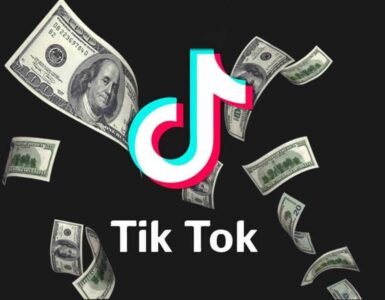Google is trying to create a system of communication for this newer generation.
It’s called Google+.
At its heart it’s like Facebook. But because of the resources Google has to offer such as the Google Store, YouTube, Adwords, Analytics and many others, it has a great deal more potential.
So what does this mean for SEO? In terms of what you’ll learn in this book, nothing. You’re still going to need excellent content that’s optimized with keywords people are searching for. You’re still going to need to market this content to the right people. But what it does mean is that over time the methods for marketing your content will change.
Social Media through primary channels like Google+ is going to be integrated much more deeply than it currently is, which means the SEO juice you gain from interactions between people will be more highly valued.
We can already see this happening. The Google+ social button is simply the most powerful SEO device on the internet. An article that has +’s from readers is going to shoot ahead of articles without them. Adding a Google+ button is the most valuable thing you can do for your article or page rank.

When this was written (2012), the Google+ button appears to have more SEO juice than it should and may be artificially potent. The reason for this probably has to do with Google trying to spread Google+. They don’t want it to fail like Google Buzz. Once people realize Google+ works, they will storm it.
First will come the people who value SEO. They’ll see what it does for their content. This may cause a blowback where poorer content is pushed up the ranks and this may be followed by a correction in the algorithm. But the final effect will be that people get in the habit of using Google+. Slowly, the masses will be pushed and pulled towards the Cloud.
Google+ SEO Strategy
Here’s a true story.
A blogger with a new website and only a handful of posts created an article. It was optimized for a ‘longtail’ keyword with only about 480 monthly searches in Google. Still, lots of people were writing articles for this keyword and there were many well-established sites with a medium Page Rank sitting in the top spots.
After a week of being indexed, the article didn’t appear anywhere within the first 20 pages. As an afterthought, the author gave it two +’s from each of his two personal Google accounts. The next day, the article was listed as the last entry on page two of Google for his keyword phrase.
This greatly excited the author who created two more Google+ accounts and added a couple more +’s to the post. 24 hours passed. He did a Google search for his keyword. Literally overnight, his keyword had climbed from the bottom of the second page to the top, beating out 9 other articles with much more legacy than his.
The author wrote a couple friends who he trusted and who didn’t live in his city. He sent them the logins to his new Google+ accounts and asked them if they wanted to build a pool of such accounts that they could share. Within a week, they had logins for 10 Google+ accounts each, plus their personal accounts.
Needless to say, the article was given the royal treatment and without any backlinks, legacy or promotion through any other social media, it appeared on the first page of Google searches for his keyword. The whole experience cost him nothing and the time it took was minimal.
And since he has access to a bunch of Google+ accounts, he can instantly rank any new article fast.
Check back next week for more on Search Optimization…





